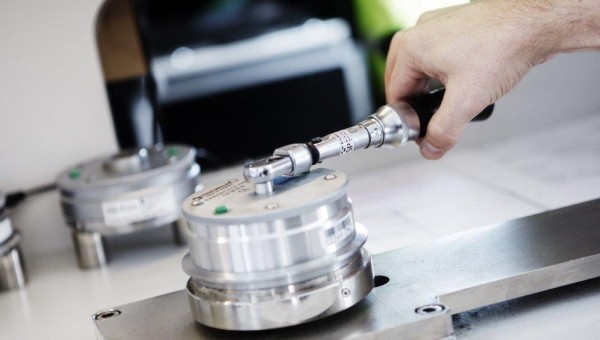Hydraulic torque wrenches are precision tools designed to tighten bolts and fasteners to an exact torque specification. However, like any precision instrument, hydraulic torque wrenches can lose their accuracy over time and through use. This is why proper calibration is crucial for ensuring a hydraulic torque wrench performs as designed. Read on to learn more about when and how to calibrate a hydraulic torque wrench.
A hydraulic wrench uses hydraulically-generated force to generate a specific amount of torque. This allows tightening bolts and fasteners to an exact manufacturer-specified torque value, which is important for both safety and optimal performance. However, since hydraulic wrenches have moving internal parts and electronics, they can lose calibration over time and develop inaccuracies.
Table of Contents
When Should You Calibrate a Hydraulic Torque Wrench?
There are several situations that call for calibrating a hydraulic torque wrench:
- Initial Calibration: Brand new hydraulic torque wrenches should be calibrated before first use to ensure accuracy. There can sometimes be shipping and handling issues that knock them out of calibration.
- Regular Recalibration Schedule: Most experts recommend recalibrating hydraulic wrenches every 6-12 months depending on use. Wrenches used daily or in harsh conditions may need more frequent calibration.
- After Impacts: Dropping a hydraulic torque wrench or exposing it to heavy impacts can shift the internal calibration. It should be checked after any significant drops or blows during use.
- Inaccurate Readings: If a hydraulic wrench is consistently giving suspicious or inaccurate readings, it likely needs recalibration by a qualified technician.
What Does Hydraulic Torque Wrench Calibration Entail?
Calibrating a hydraulic torque wrench properly requires some specialized equipment and know-how. Here is an overview:
- Calibration Equipment: A torque calibration system is required, which applies measured amounts of force from precisely calibrated master torque wrenches.
- Step-By-Step Procedure: The process involves mounting the hydraulic wrench to the calibration system and then using the master torque wrenches apply specific amounts of torque while testing the accuracy and precision of the hydraulic wrench.
- Proper Technique: Qualified technicians need proper training and adherence to standardized calibration protocols to ensure accuracy. Poor technique can render calibration ineffective.
- Documentation: Once calibration is complete, the technician documents the results and provides a certificate of calibration showing the date and the specifications the wrench was calibrated to.
Consequences of Using an Uncalibrated Hydraulic Torque Wrench
It may seem harmless to skip periodic hydraulic wrench calibration and inspections, but there can be serious consequences:
- Inaccurate Readings: The most obvious issue is inaccurate torque measurements, either too high or too low from the target spec.
- Under/Over Tightening: Inaccuracies directly translate to under or over tightening critical bolts and fasteners, which can lead to leaks, part failures, and other problems.
- Safety Hazards: Improperly calibrated wrenches used in critical safety applications like automotive or aircraft can be extremely dangerous by failing parts.
- Equipment Damage: Expensive machinery and equipment can be damaged or have shortened lifespan when bolts are tightened inconsistently due to calibration errors.
Finding Hydraulic Torque Wrench Calibration Services
Thankfully, calibration services for hydraulic torque wrenches are offered by many metrology labs and tool repair shops. When selecting a calibration provider, consider:
- Cost: Prices range widely from $50-250+ depending on the specific type and capacity of the hydraulic wrench.
- Turnaround Time: Most calibrations take 1-4 days in the shop, longer for shipping if not dropped off locally. Rush orders may have an upcharge.
- Accreditation: Using a properly accredited calibration lab helps ensure accuracy, precision, and adherence to standard calibration protocols.
Proper hydraulic torque wrench calibration is easily overlooked but critically important for safety, accuracy and optimal functioning of equipment.
Following the manufacturer’s recommendations for periodic calibration and inspection along with recalibrating after any observed inaccuracies in torque measurements can go a long way in extending the working life of a hydraulic torque wrench


